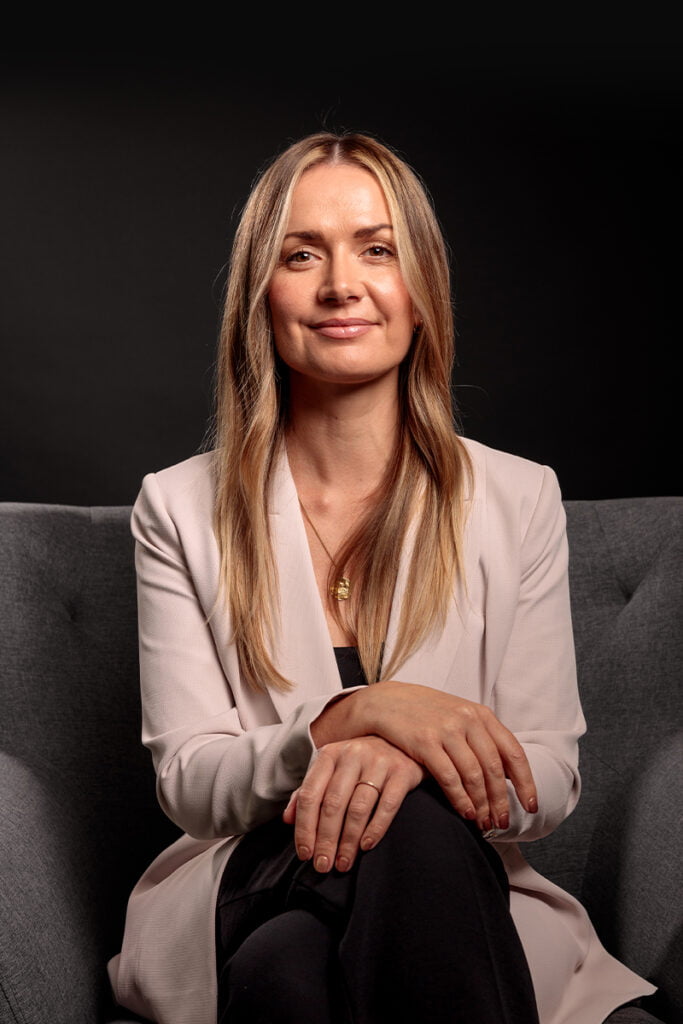Wills and Estate Lawyers come across an abundance of common myths and misconceptions about Wills. Acting or failing to act on these mistaken beliefs can have serious financial and emotional consequences for those left behind.
Here we explain the truth behind five common myths.
“If I leave my child a dollar in my Will, they aren’t able to bring a claim on my estate.”
This is one we hear quite often and it couldn’t be further from the truth. Leaving an estranged child $1 isn’t going to achieve what you want it to. In fact, it will most likely have the effect of angering the person you wish to disinherit which may encourage that person to bring a claim on your estate.
Leaving a gift of $1 to a child doesn’t prohibit them from bringing a claim on your estate. In both New South Wales and Queensland a child has a statutory right to make a claim. There are, however, much more creative ways which your lawyer can structure your estate so as to mitigate the possibility of a claim being made on your estate.
“Making a Will is costly, complicated and time-consuming.”
Making a Will doesn’t have to be expensive and with the right help it doesn’t have to be complicated or time-consuming. Making sure you get the right advice can make an enormous difference to your overall experience.
Spending an hour or two with a lawyer and a relatively small amount of money now can save your estate and your loved ones thousands of dollars in the future. A small investment now may avoid a much larger expense, both financially and emotionally, to your estate and your family later on.
“A post office Will kit will do.”
Making a homemade Will can be disastrous for your estate and your family.
There are a number of legal formalities which are required to be adhered to in the Will making process. In the event your Will does not meet those strict requirements a Court decision may be required to sort out the problem. It is very likely that should a Court’s involvement be required, the Court action will be very costly resulting in less money being available to provide for those you want to receive your estate. When a Court’s involvement is required to fix the problem there is no guarantee the result will achieve what you wanted your Will to achieve in the first place.
Don’t trust your estate to “Do- it – yourself” or online Wills. It is our experience homemade Wills cause more problems than they are worth. It is important to see an experienced Wills and Estate lawyer to make sure your Will is prepared correctly and your wishes are properly carried out.
“If I don’t make a Will, my estate will go to the State or the Public Trustee.”
This is a common misconception and although it is not completely untrue, the chance of this actually occurring is very minuscule.
If you die without leaving a valid Will your estate will be distributed in accordance with a legal formula set out in legislation specific to the state in which you reside. This legal formula will determine how your assets are distributed amongst your relatives. Generally your spouse and your children are first in line to inherit but it can get quite complicated especially when there are blended families involved.
In the event you leave no known living relatives your estate may be determined “ownerless goods”. If this occurs then the State may be entitled to your estate. Your estate will only be determined “ownerless goods” after a thorough search has been carried out to determine there are no living relatives who may be entitled to your estate.
“I don’t need to make a Will because everything will go to my spouse anyway.”
Most of us want to make sure our spouse is looked after when we are not around to provide for them. If you don’t make a Will your spouse will receive a portion of your estate. However, they may not receive all of your estate depending on the size of your estate and the other family members you leave behind.
The laws for distribution of you estate on the absence of a Will vary from state to state. In both Queensland and New South Wales if you die leaving a spouse and children (whether to a prior relationship or not) your spouse may only be entitled to a portion of your estate and your children will also be entitled to a share of your estate.
Although the rules for the distribution of your estate in the absence of a Will recognise the importance of providing for your spouse, the provision your spouse actually receives may not be adequate for his or her needs. In those circumstances your spouse may be forced to bring a claim on your estate resulting in costly litigation and an enormous emotional burden for your spouse and your family.
CONCLUSION
The moral of the story here is to get the right advice from a lawyer who specialises in this area. Attwood Marshall have a dedicated Wills & Estates team of lawyers that specialise in estate planning and estate litigation – perfect for these types of issues. Ring our Department Manager Donna Tolley on direct line 07 5506 8241, email dtolley@attwoodmarshall.com.au or freecall 1800 621 071 for a free initial consultation.

